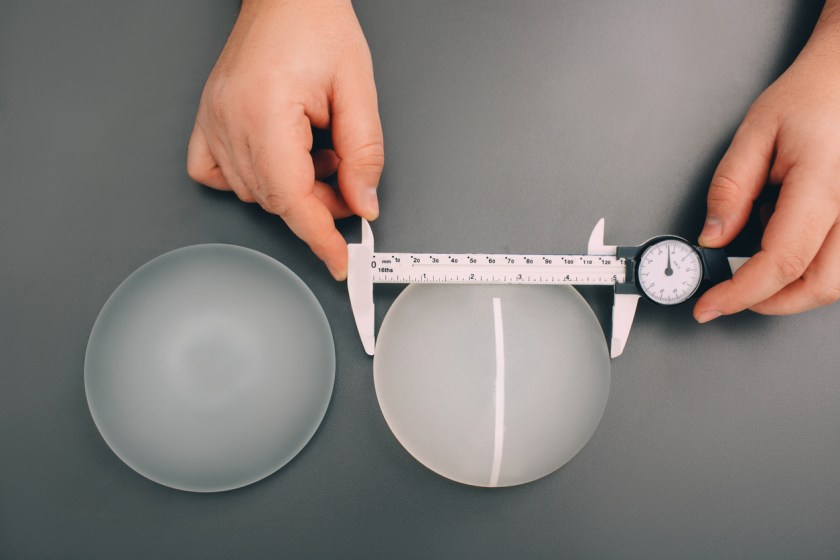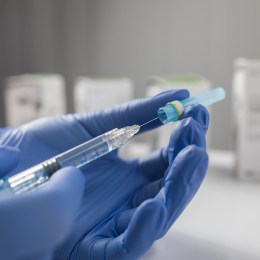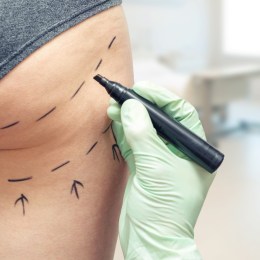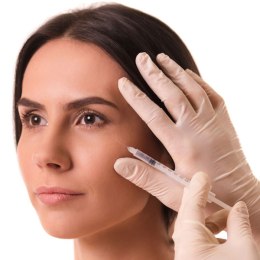Last week, the Therapeutic Goods Administration (TGA) announced an urgent meeting would be held to discuss the fate of textured implants in Australia, and whether or not they would follow France’s lead in banning them. Canada and the Netherlands have also followed suit, due to their link to increased risk of Anaplastic Large Cell Lymphoma (ALCL). Textured implants are widely used as it is said that a textured surface helps the implants stay in the same position over time.
The meeting was held on Monday evening this week, and the official TGA statement was made last night that they would not be implementing the ban due to a shortage of data. Instead, the TGA has written to manufacturers, formally requesting data on the implant supply in Australia, as well as physical samples. Suppliers have 10 working days to respond to the requests.
“After receiving information from suppliers, the TGA will consider whether to suspend or cancel particular products from the Australian Register of Therapeutic Goods,” said a spokesman.
The TGA has been monitoring Breast Implant Associated ALCL since 2011 after receiving the first adverse event report in 2009.
French medical regulator, the National Agency for the Safety of Medicine and Health Products (ANSM), has already issued a ban on seven implant manufacturers, including Allergan, Arion, SEBBIN, Nagor, Eurosilicone and Polytech.
Reportedly, ANSM deputy director-general Dr Christelle Ratignier-Carbonneil wrote to manufacturers last week advising them to withdraw the implants as a precaution, “in view of the rare but serious danger that their implantation is likely to constitute”.
It is said that the decision was based partially on Australian data, including that collected by Sydney plastic surgeon Professor Anand Deva, who also sits on the TGA expert panel. From his research of women with textured implants, he says the risk of developing the cancer was roughly 1 in 2,800. As a result of Professor Deva’s research, in January this year, the TGA updated its records of Breast Implant Associated ALCL cases from 29 to 76. All patients had received textured implants. Confirmed cases of BIA-ALCL worldwide are currently 688.
“I can completely see where the French are coming from,” he says. “We have patients who have suffered a great deal and have ALCL. But a ban on anything is not a great message to send because it will spark fear into anyone with these implants. We now need to be prepared for women knocking on our doors wanting their implants out.”
The events have prompted plastic surgeons, including Sydney’s Dr Hodgkinson, to begin sending warnings and disclosure statements to their clients who may be distressed about their implants. “Dr Hodgkinson has never endorsed the use of textured implants for primary breast augmentations,” says the surgeon’s website, “and in fact wrote an article in 2011 when the textured implants known as the ‘furry Brazilians’ were first being released called, ‘The Fuzzy Logic Behind Brazilian Breast Implants’. In this article he notes that the concept of textured foam implants was nothing new and that from past experience it was noted that, The foam is incorporated into the body. That is the problem. It degenerates with time and its by-products and the process of degeneration is chronic inflammation. There have been serious worries about the by-products of the implant in the past and whether it could have been carcinogenic or not.”
For more news and updates, subscribe to our weekly newsletter.




